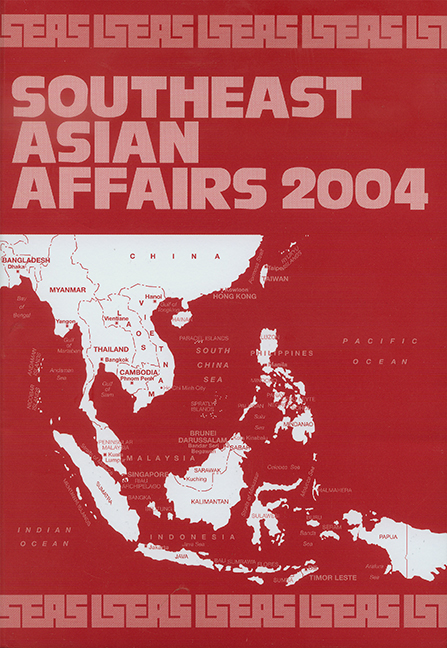Islamic Radicalism in Indonesia: The Faltering Revival?
from INDONESIA
Published online by Cambridge University Press: 21 October 2015
Summary
Of all the images generated by Indonesia since the downfall of Soeharto in 1998, those of radical Islam have been perhaps the most vivid and enduring. These have taken various forms: white-robed and turbaned Muslim militiamen marching through city streets brandishing scimitars and exhorting jihad against Islam's foes; Arab-Indonesian Islamic “clerics” threatening to “sweep” foreigners from Indonesia; and noisy rallies to the gates of Parliament demanding the immediate implementation of shari'a law. Most dramatic of all are the images of charred and mangled nightclubs and hotels bombed by terrorists and the sight of the perpetrators smiling carelessly or shouting Allahu Akbar (God is Most Great) as they are sentenced to death.
Such images have helped to redefine perceptions of Indonesian Islam. In the past, journalists and scholars were wont to describe Indonesian Muslims as among the most peaceable and tolerant of the Islamic world. In so far as Indonesia had radicals, they were kept in close check by the authoritarian regimes of Soekarno (1959–66) and Soeharto (1966–98). Seldom were there stories, much less images, to suggest that Islamic extremists were engaged in violent or intimidating activity. Since 1998 the reverse has been the case. The lifting of restrictions on the freedom of the media and right to organize led to a proliferation of radical groups and a dramatic expansion of Islamist media, including newspapers, magazines, books and websites. In the post-Soeharto era reformasi, emboldened radical movements could publish long-banned texts, form militia units, and take to the streets espousing causes that would, a few years previously, have landed their leaders in jail. Though many non-Muslims and foreign observers may have looked on with disquiet, the emergence of such groups was proof that meaningful political and social reforms were taking place and that repressed groups were at last able to organize freely. Furthermore, those interested in the complex jigsaw puzzle that is Indonesian Islam could behold the missing “radical pieces”; a fuller picture of Islamic diversity was now in view.
- Type
- Chapter
- Information
- Southeast Asian Affairs 2004 , pp. 104 - 122Publisher: ISEAS–Yusof Ishak InstitutePrint publication year: 2004



